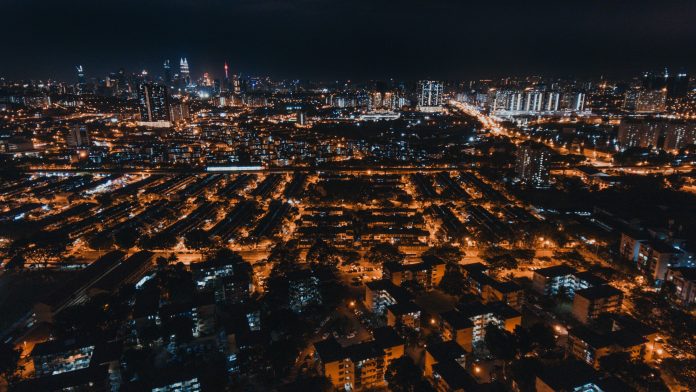
29/07/2019 – The US$8.5M Series-A round was led by Openspace Ventures and Seeds Capital, the investment arm of Enterprise Singapore.
“Nutrition Technologies is injecting innovation into an industry that has been around for over 12,000 years. Asia is the breadbasket of the world; over 89% of aquaculture, along with the farming of 33% of chickens and 65% of pigs happen here. We feel that Nutrition Technologies has the perfect combination of climate, technology, and partners to fulfill its mission,” said Hian Goh, Partner at Openspace Ventures.
Ted Tan, Seeds Capital chairman, and deputy chief executive officer of Enterprise Singapore, also said: “We hope to catalyze more investments in this area as we develop Singapore into a leading urban agriculture and aquaculture hub in Asia.”
The firm’s flagship production is based in Malaysia and also has supporting sites in neighboring Southeast Asian countries Vietnam and Singapore, and the UK.
Following the injection of fresh funds, the firm will be setting up a commercial-scale insect protein facility, the largest of its kind in Southeast Asia. The new facility is projected to be able to produce over 18,000 tones of insect-based feed ingredients and organic fertilizers yearly.
The firms reveal in a statement that it plans to build more facilities across the region in the next 5 years.
Founded in 2014 and led by Nick Piggott and Tom Berry, Nutrition Technologies is a player in the food tech industry that manufactures protein from black soldier fly larvae to serve as an alternative to the short in supply fishmeal, which is a common ingredient used in animal feed.
“The key to be successful in this sector is being able to produce a consistently high-quality product at an affordable price for feed manufacturers without charging a sustainability premium,” said Nick Piggott, co-founder, and CEO of Nutrition Technologies.
“We have achieved this by developing a unique combination of bio-processing steps, which enables us to optimize the nutrient uptake in our insect larvae. Coupled with the low operating costs in Southeast Asia, and the ideal tropical rearing conditions, we’re in a very strong position,” Piggott continued.











